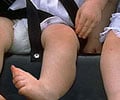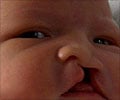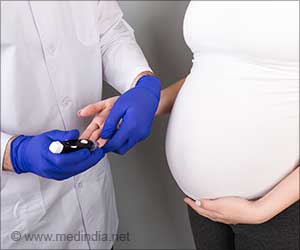Epilepsy is a neurological disorder characterized by seizures. Anti-epileptic drugs during pregnancy may cause birth defects in children.

- Epilepsy occurs due to the malfunction of neurons in the brain.
- Anti-epileptic medications are used to treat seizures.
- Carbamazepine, topiramate, phenytoin are linked to birth defects in children.
The study findings were published in Cochrane Database of Systematic Reviews.
Around 50 published studies were analyzed, and the use of sodium valproate drug during pregnancy was found to have a 10% chance of birth defects in the child.
Study Findings
Drugs like carbamazepine, topiramate or phenytoin, when taken during pregnancy, were found to show an increased risk of birth defects in children.
Phenobarbital drug was found to be associated with an increased risk of cardiac defects in children.
Tony Marson, Professor of Neurology, University of Liverpool's Institute of Translational Medicine, said: "This is a really important review that informs complex discussions during consultations about epilepsy treatment choices for women of childbearing potential, who represent around a third of people with epilepsy worldwide.
"Based on current evidence, levetiracetam and lamotrigine appear to be the AEDs associated with the lowest level of risk, but more data are needed, particularly concerning individual types of malformation.
Source-Medindia












